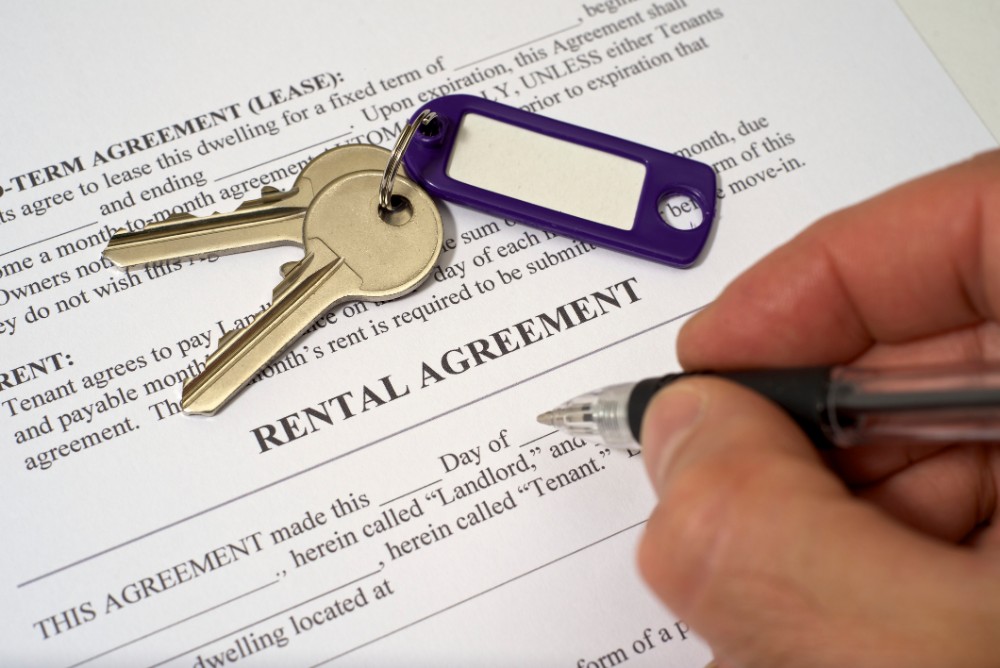Landlord-tenant laws in Texas: 9 Most urgent questions answered

Rental laws vary from state to state, so it’s important for landlords and tenants to read about the local rental laws in their state. Below are 9 commonly asked questions about landlord-tenant laws in Texas. For more on property management in College Station, click here.
Is Texas a landlord-friendly state?
Yes. Landlords have few habitability requirements. Additionally, landlords can charge as much as they want for a security deposit.
When should a landlord return a tenant’s security deposit?
Landlords must return their tenants’ security deposit within 30 days after their departure. Your tenant may ask you to return it sooner if your lease agreement allows for a Notice of Surrender.
What happens if the landlord doesn’t return the security deposit in full?
Landlords must provide their tenants with an itemized list detailing the damages (excluding normal wear and tear) and associated repair costs along with paid receipts. This should be given within 30 days of the tenant’s departure.
What if the landlord fails to return the security deposit on time?
There are a couple of things that can happen. If you think your tenant thinks you’re withholding their security deposit wrongfully, they have the option to sue you in small claims court. If they’re successful, they can get at least 3x the amount of their deposit.
Taking this to court can be time-consuming, however. Another route you can take is to go to mediation in hopes of resolving the dispute.
What are allowable deductions that could be made from a tenant’s security deposit?
You can withhold your tenant’s security deposit (in part or full) if they have unpaid rent or if they’ve incurred actual property damage. The latter is usually the case.
What are landlords required to disclose to a tenant?
As a landlord, you’re mandated by Texas law to disclose the following:
- Your identity and that of people you’ve authorized to act on your behalf;
- Your tenant screening process;
- If the property has lead-based paint or hazards associated with it;
- Property rules;
- Your contact information; and
- Other relevant information, including parking, late fees, right to repairs, written security device requests, and security deposit refunds.
What are a landlord’s responsibilities to a tenant?
Landlords have certain responsibilities as mandated by Texas law. For instance, you’re required to make the unit habitable for the tenant and must respond to requests for repair within seven (7) days. If you’re unable to meet the repair request, your tenant has the right to address the repair themselves and to deduct the cost from future rental payments.
Take note Texas rental laws don’t enumerate or itemize the specific amenities landlords must provide. You are only required to make repairs to existing amenities that “materially affect the health and safety of an ordinary tenant”. One important exception to this rule is hot water, which must always be available.
How much time does a tenant have to move out of the property?
Due cause must first be established. As per state law, you’re required to provide 3-days’ notice before evicting a tenant from your property. However, tenants on a month-to-month rent basis are entitled to 30-days’ notice if no cause has been established.
What counts for due cause for a tenant to be evicted?
In Texas, you can evict a tenant for the following:
- Non-payment of rent – If your tenant fails to pay their rent, you may issue a 3-day Notice/Pay or Quit after any grace period previously agreed upon. If the terms stated in this notice are not met, you can proceed with formal eviction proceedings.
- Violation of lease – If your tenant violates the lease agreement, you may issue a Notice to Quit. It’s common for landlords to give the tenants at least 3 days to resolve the issue, but this is not required. If the terms weren’t met within the given timeframe, you can continue formal eviction proceedings.
- Any illegal acts – If you’ve documented any illegal activity on the property involving the tenant, you can issue a 3-day Notice to Quit. However, if the violation involves public indecency, you may terminate a tenant’s lease without prior notice.
Got a question about property management in College Station?
The team at Berkshire Hathaway HomeServices Caliber Realty is happy to answer all of your property management concerns here in College Station and Brazos County. Get in touch with this trusted full-service real estate brokerage at 979.694.8844 or send an email to sales(at)bhhscaliber(dotted)com to learn more about property management in College Station.


